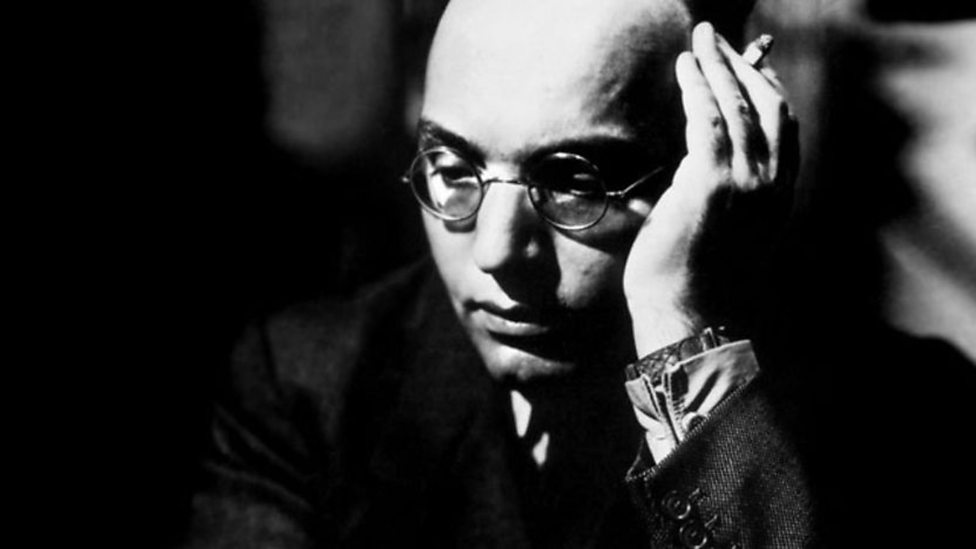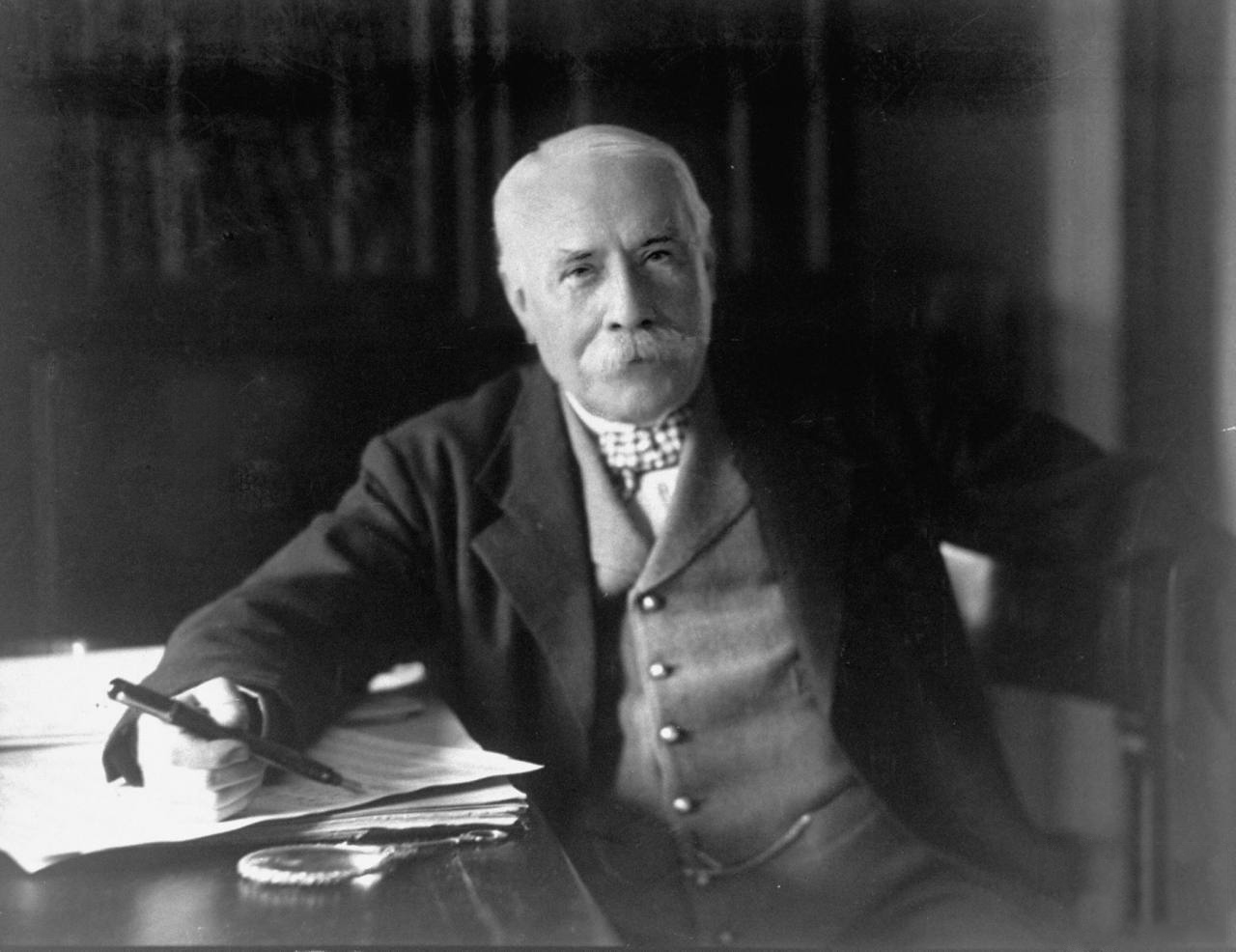Remembering the Twins, Fifteen Years Later
Sunday marks the fifteenth anniversary of the September 11, 2001 terrorist attacks. If you’re old enough to remember that day and the numbing weeks which followed, the details of your life at that time, both consequential and trivial, are probably seared into your memory. For me, the horrific events of 9/11 followed on the heels of my successful audition for the Richmond Symphony. On that warm, clear Tuesday morning, I had just …







